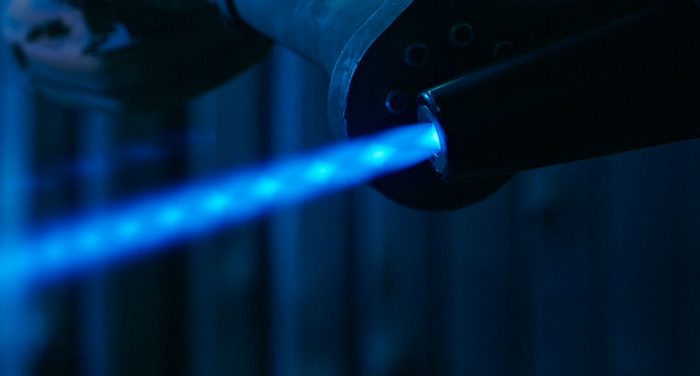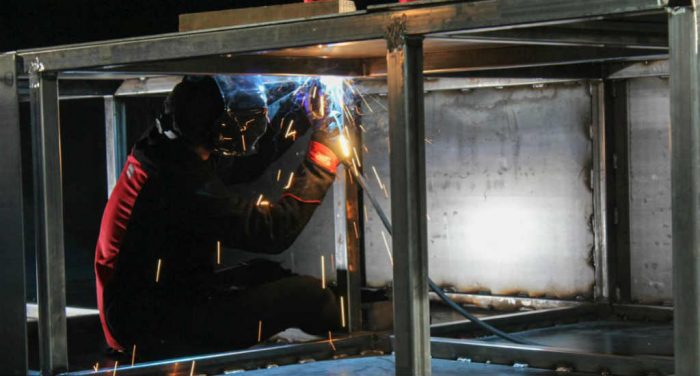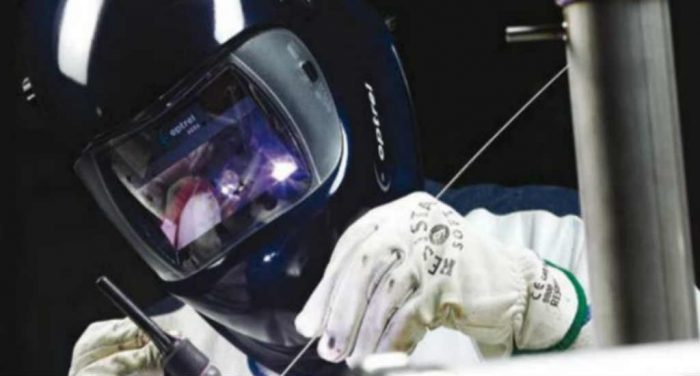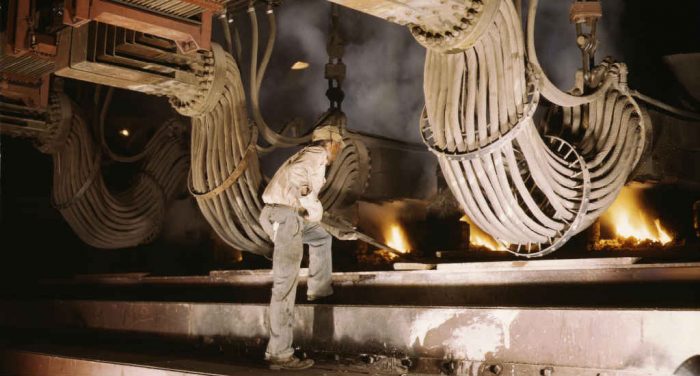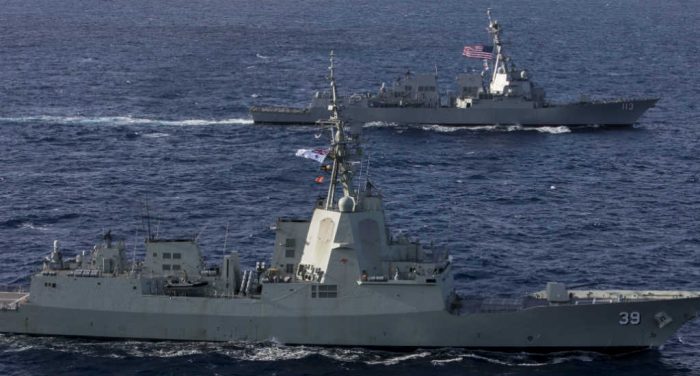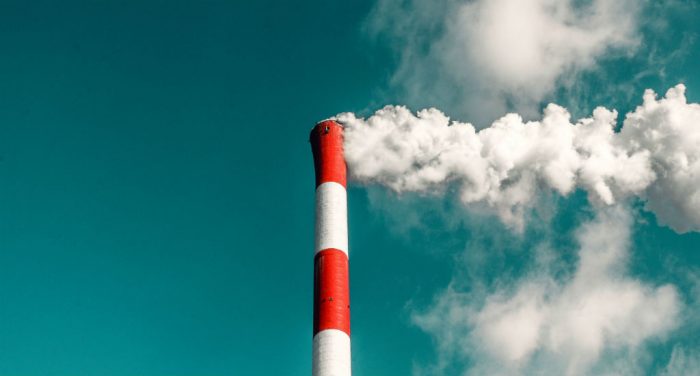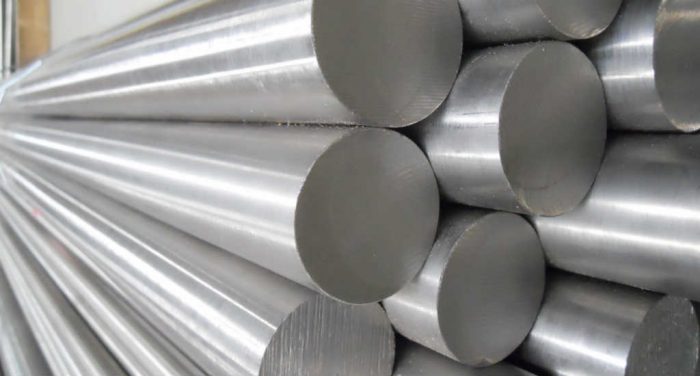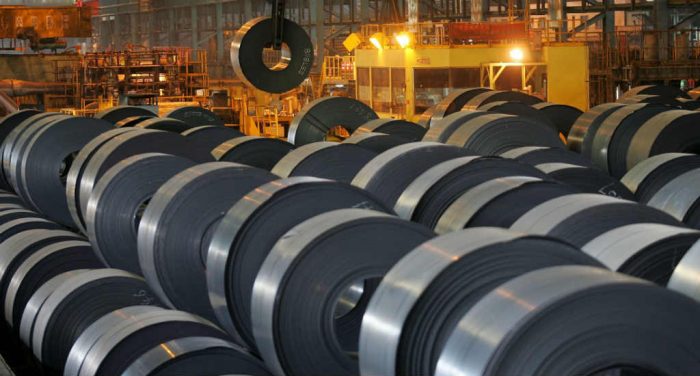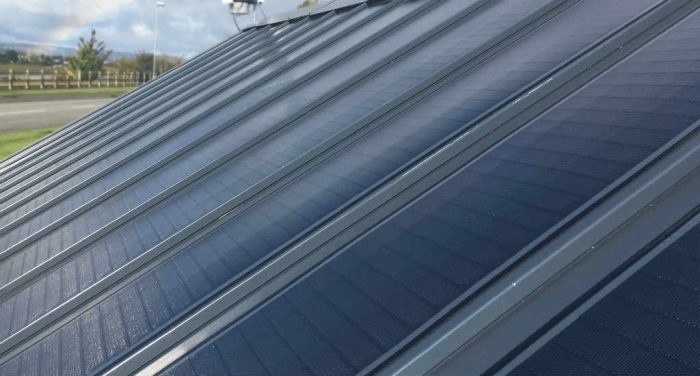Swinburne establishes thermal spray lab
SWINBURNE is establishing Australia’s first university-based thermal spray lab, to help Australia’s coatings industry solve thermal spray problems.According to Swinburne Magazine, the research and problem-solving group will be headed by Swinburne’s Professor Chris Berndt.Thermal spray is a coating process in which melted or heated materials are sprayed on to a surface. This process eventually creates a thin coating. It is faster than electroplating and vapour deposition, and can coat metals, alloys, ceramics, and composites.Coating metals and alloys can help prevent corrosion and protect material from high temperatures. They are used in various applications, from car parts to drilling rigs, power station turbines and bridges.The new facility will include training for TAFE and higher education students in thermal spray technology, and provide manufacturing engineers and technicians with coatings technology expertise.According to Richard Moore, CEO of United Surface Technologies, new coating technologies emerge every year, making it essential for the local industry to have access to developments, problem-solving expertise and trained graduates.

